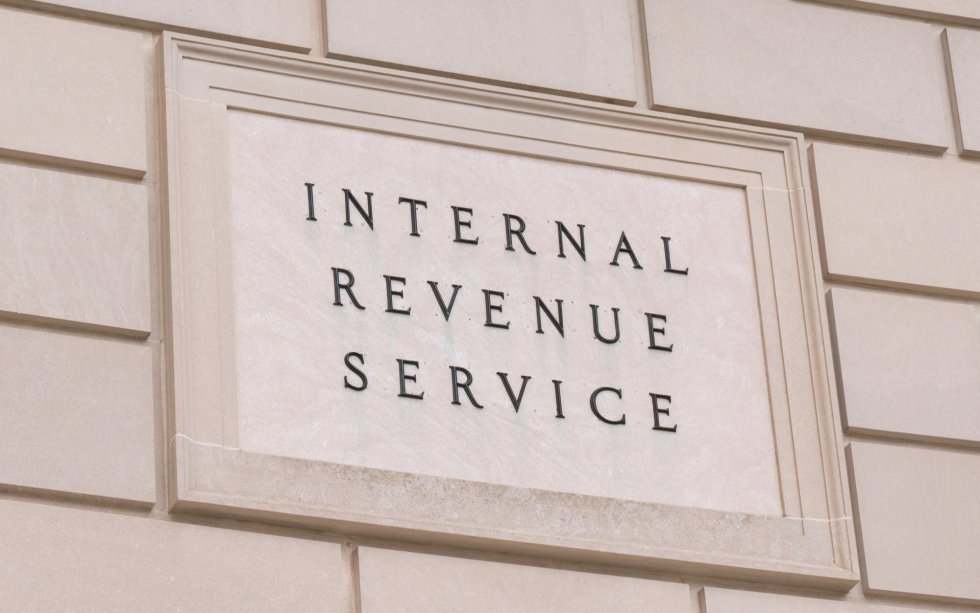The U.S. Internal Revenue Service (IRS) is directly focusing on crypto trading for the 2020 Tax Day with a checkbox on the tax form enquiring after people’s involvement in virtual currency activities.
IRS Includes Crypto Trading Question in Tax Form
The IRS has updated its Form 1040 — which covers additional income, to include a new checkbox for crypto trading. The newly added question reads:
At any time during 2019, did you receive, sell, send, exchange or otherwise acquire any financial interest in any virtual currency.
By clearly including this new checkbox — at the top of the form, no less, it appears that America’s tax agency is leaving no stone unturned in combating crypto tax evasion. One of the likely implications of the newly added question is that crypto traders can no longer claim ignorance.
If a crypto owner were to be caught evading bitcoin taxes, the IRS can now prove willful criminal intent. Thus, U.S. virtual currency owners and traders will have to accurately declare their cryptocurrency tax obligations or risk indictment for tax fraud.
However, given the still complicated nature of the crypto tax scene in the country, the IRS isn’t exempt from its own auditing headache. Some commentators are predicting that 2020 will see the face high-profile crypto tax evasion case in the U.S.
As previously reported by Bitcoinist, the IRS has been sending warning letters to U.S. crypto owners. The IRS has also sent refunds to tax-paying crypto users who correctly reported their transactions.
The inclusion of “sending” and “exchanging” of cryptos did raise some confusion as to whether such transactions created a taxable event. In response, the IRS updated its crypto-specific section of the FAQ page on its website stating:
If you transfer virtual currency from a wallet, address, or account belonging to you, to another wallet, address, or account that also belongs to you, then the transfer is a non-taxable event.
Tighter Crypto Monitoring Across the Board
This latest move by the IRS echoes a similar strategy by Brazil’s tax agency with the latter creating a special penalty code for crypto tax evaders. The IRS has in recent times stepped up its efforts to ensure accurate declaration of crypto-related gains and losses.
Back in late 2019, the IRS obtained a court order to view Bitstamp’s customer information. The U.S. federal judge overseeing the case did, however, admonish the IRS against the number of requests.
Other crypto exchanges like Kraken have also highlighted the significant increase in compliance costs occasioned by rising information requests from regulatory agencies. It appears that as cryptos become more popular, regulators across various jurisdictions are also enacting tightening governing policies.
Will there be major crypto tax evasion busts by the IRS in 2020? Let us know in the comments below.
Images via Shutterstock
